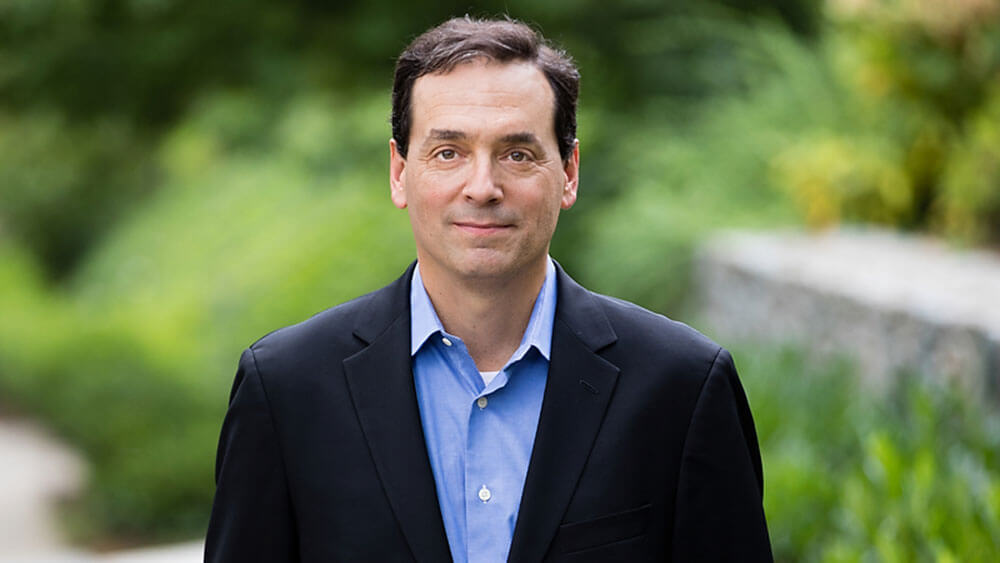
No matter when your meeting or conference starts, the beginning is a make-or-break time, says author Daniel Pink.
“Beginnings matter a lot.” That’s according to Daniel Pink, best-selling author of When: The Scientific Secrets of Perfect Timing, who spoke to Editor in Chief Michelle Russell about how to apply what he’s learned about timing to business events:
Michelle Russell: Many conferences start off with a motivational general-session speaker so people get excited about what’s to come. Do you think that’s a good thing?
Daniel Pink: I’m not a big fan of those kinds of pump-you-up kind of presentations — the ones that are very heavy on exhortation and good feeling and light on substance and takeaways. I think that’s basically just a sugar high.
Think about it like breakfast. I’ve read that the belief that breakfast is the most important meal of the day is a little bit oversold. But if you have a glazed donut and a coffee, you’re going to be pretty pumped for a half an hour and then you’re going to crash. Whereas, if you have a healthy, balanced breakfast with some protein, you’re going to have that nutrition sustain you for a longer time.
MR: So, rather than a motivational speaker, better to have a speaker who’s going to be talking about something that’s a little more difficult to grasp in the morning, when people are sharper?
DP: Yeah, generally. I think that’s a pretty strong general rule because the majority of people are going to be more vigilant first thing in the morning, somewhat earlier in the day. It doesn’t have to be necessarily at 7 a.m., but in the early part of the day rather than the later part of the day for that type of speaker …
You want to get people off to a good beginning. And so you need to be conscious of having a beginning that delivers, not that kind of pump-you-up nonsense, but a sense of purpose. Why are we all here? A sense of belonging. What do we all have in common? That delivers a sense of possibility — “Wow, these next few days are going to be awesome.”
I think you have to be very intentional about those kinds of beginnings. Even if the conference starts in the late afternoon or the early evening, I think your first “thing” needs to be intentional because what we know about beginnings is that they have a lingering effect.
And so if you have a beginning that establishes a sense of belonging and affiliation — whether it’s a company saying, “Hey, we’re all part of the ACME Widget Company,” or whether it’s a professional association, “Hey, we’re all gastroenterologists,” or whether it’s a trade association, “Yeah, we’re all in the rutabaga-distribution business.” You want that kind of affiliation and the sense of purpose and the sense of potential at the beginning.
